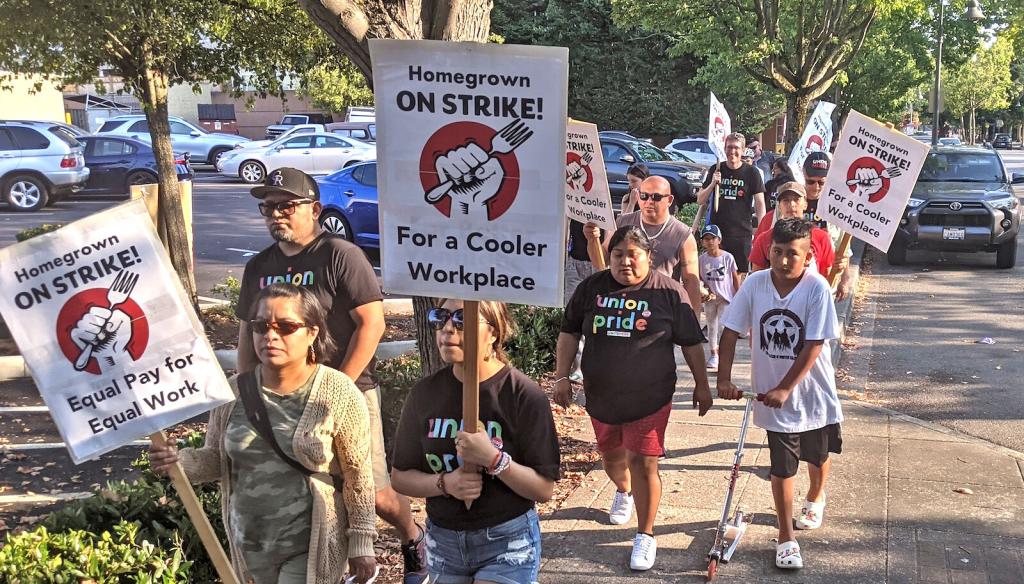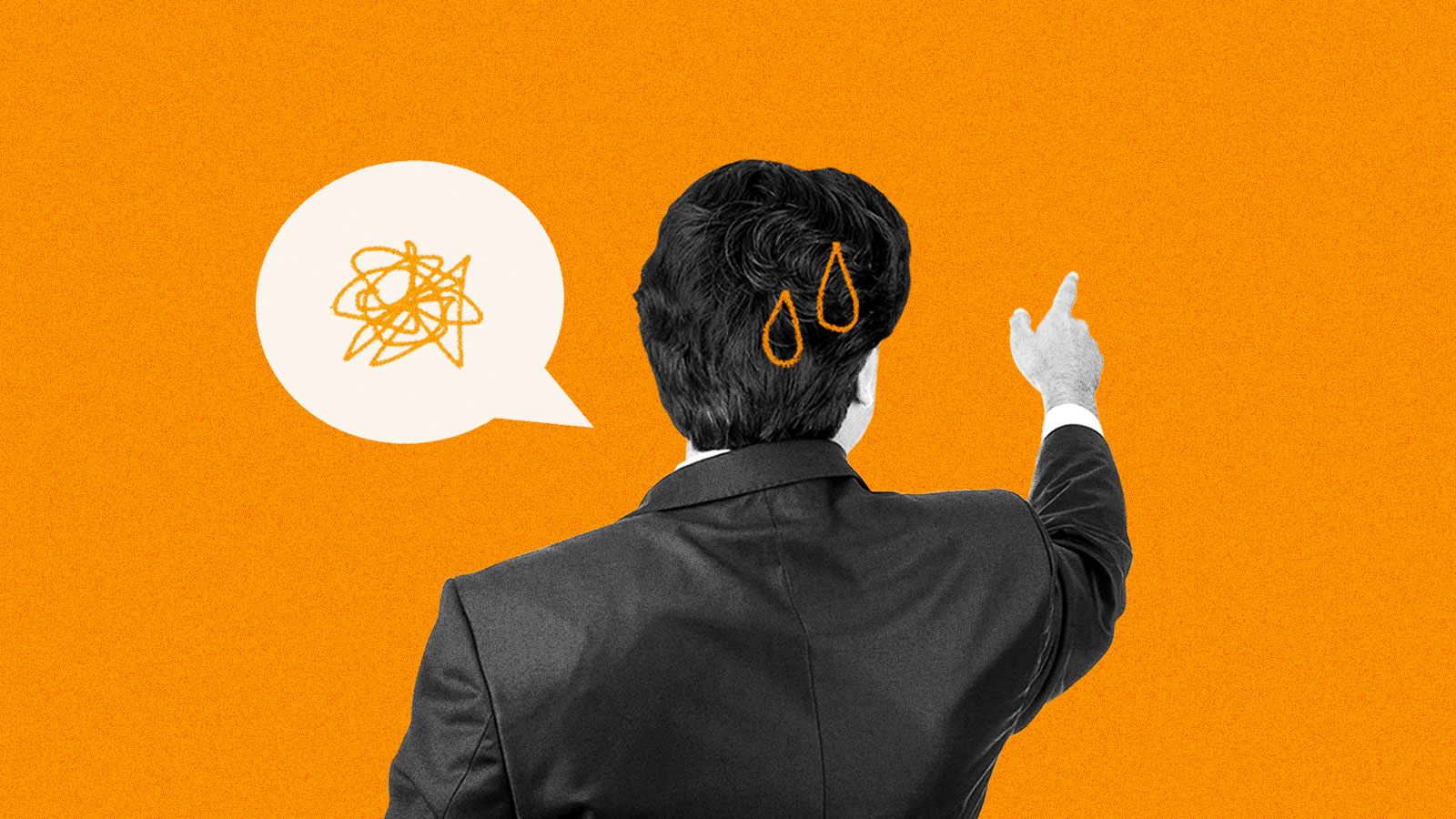Heat waves don’t just make you sweat — they can also mess with your brain. It’s been established that hot weather can result in lower scores on math tests and higher rates of aggression, ranging from mean-spirited behavior to violent crime. A small but growing body of research suggests it can also influence how people talk.
Politicians tend to use shorter words in speeches when the temperature outside is 75-80 degrees Fahrenheit or hotter, according to a study published in the journal iScience on Thursday. The analysis looked at 7 million speeches across eight countries — the United States, the United Kingdom, Austria, the Netherlands, New Zealand, Denmark, Spain, and Germany — comparing them against the average temperature the day they were delivered. Cold days didn’t produce the same effect.
Understanding the consequences of heat on cognitive abilities is becoming particularly important as the climate warms, said Risto Conte Keivabu, a co-author of the study who researches climate change at the Max Planck Institute of Demographic Research in Germany.
On days hotter than 81 degrees F, the simpler language politicians used was equivalent to losing half a month of education. That result is likely an underestimate, Conte Keivabu said, since the study tried to “disentangle the impact of heat from all the possible confounding factors in the most conservative way possible.” Looking at just the data from Germany, researchers found the effect was comparable to a four-month reduction in education, he said. The speeches were measured using Flesch-Kincaid readability tests, which assess how difficult a text is to understand based on the length of the words and sentences.
The study found that adults over 57 years old were more sensitive to heat, based on the German data, with temperatures in the range of 70-75 degrees F linked with changes in their speech. Heat is especially dangerous for older adults, who have a harder time cooling down because of weaker blood circulation and deteriorating sweat glands.
Other studies support the idea that heat can tamper with our words — though more for the reason that it can worsen your mood. Hate speech tends to rise with the thermometer: The number of tweets in the U.S. using pejorative or discriminatory language jumped by up to 22 percent during extreme heat, according to a study from 2022. Researchers have observed a similar phenomenon on Chinese social media, with people using more negative language on very hot days.
Unlike social media posts, however, speeches are typically prepared in advance, which makes politicians’ shift to less complex language on hot days more surprising. The researchers posit that the psychological effects of heat could “influence a speaker to simplify speech or diverge from prepared remarks due to impaired cognitive function and comfort.”
So how is it that a heat wave outside can alter the quality of speech indoors? The study puts forward a few theories. Maybe even a short exposure to heat can cause problems, like waiting for a train during a commute or taking a break outside; or, conversely, uncomfortable temperatures outdoors might lead people to stay inside where the lack of fresh air could hinder their cognitive abilities. Another possibility is that people tend to sleep worse when they’re hot, which makes it harder to think straight the next day.
Using simpler language isn’t necessarily bad — in fact, it’s often easier to understand. But when someone uses less complex language over time, that can indicate cognitive decline, according to Conte Keivabu. “We don’t know if this leads towards outcomes when it comes to the decision-making of politicians or how effective they are in conveying their messages,” he said. Researchers have found that using more generic wording can be an early warning sign of dementia, a pattern detected in authors’ books and politicians’ speeches.
Heat isn’t the only environmental factor that might subtly be influencing us to say one thing instead of another. A study in 2019 found that exposure to air pollution similarly led to a reduction in the complexity of speeches by members of the Canadian parliament, the equivalent of losing nearly three months of education.



